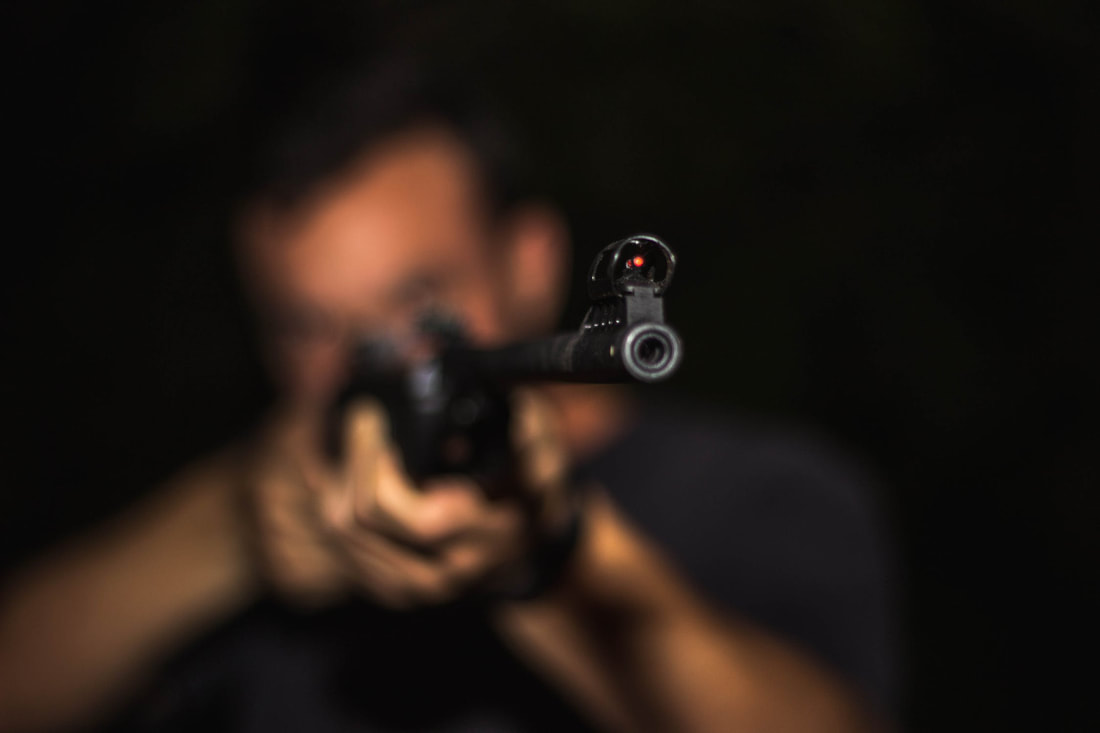|
This is a discussion about moral and social aspects, not legal ones. You can't blow a looter away for stealing simply because society feels that killing someone over property theft is distasteful and unjustified. We've evolved to that opinion somewhat. Once upon a time, humans were intolerant of a lot of crime and would kill you as punishment. Islam promotes chopping off hands and Saudi Arabia still does it. By the end of the 18th Century, England had over 200 crimes punishable by death. Burglary? Death. Smuggling? Death. Stealing? Death. Well, overtime it was decided that the penalties were too harsh and the death penalty was slowly rolled back from a parody of the third world. Until 1985, it was legal to shoot fleeing felons (any felony, depending on statute). However, the SCOTUS felt that deprived felons of due process. In the 19th Century, in the South and West it was not uncommon for murders to go unpunished because the "other guy needed killing." As far as passionate homicide is concerned, the public became intolerant of all the killing and began to take a tough stances against it. Killing someone over theft seems like overkill, pardon the pun. Things can be replaced or repaired. Lives can't. The thief can pay restitution and perhaps change his way after going to jail. Taking human life is a serious thing and some academics have postulated that only 2.5% of people can kill (for a justified reason; not murder) with a clear conscience. Sure, shooting that looter might feel good and get the rest to stop, but how will you feel about it in the morning? How will your neighbors feel? If that doctrine is extended to killing people over property crimes, where exactly do you draw the line in how much damage/property is worth killing over? A "shoot looters" law might look something like this (altered TX law): A person unlawfully dispossessed of tangible, movable property by another is justified in using deadly force against the other when and to the degree the actor reasonably believes the force is immediately necessary to prevent the theft of, or to recover, the property if the actor uses the force immediately or in fresh pursuit after the dispossession and: (1) the actor reasonably believes the other had no claim of right when he dispossessed the actor; or (2) the other accomplished the dispossession by using force, threat, or fraud against the actor. It becomes a social and political question if, and how, we want to use deadly force to protect property. The changes can't be made in the heat of the moment when authorities haven't even tried the tactics of breaking up the mele and arresting people. Perhaps after a long season of continual violence and theft with inept government and impotent policing, society will change its mind. Killing people who are stealing stuff isn't an impulsive decision to be made. It is a social question of how much we value each other's lives and property. |
Archives
May 2021
For more content,
|
